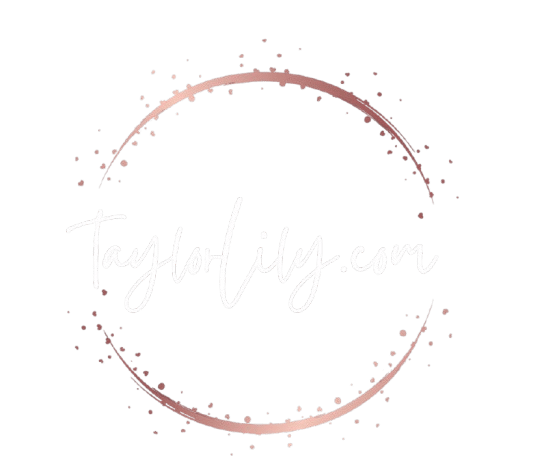Email archive accessibility
As I sat down to write this blog post, I couldn’t help but wonder what people are searching for when they type Email archive accessibility into their favorite search engine. Are they looking for a way to make their email archives more accessible to others Or perhaps they’re trying to figure out how to make their own email archives more accessible to themselves
As someone who’s passionate about technology and accessibility, I’m excited to dive into this topic and explore what it means to make email archives accessible. So, what is email archive accessibility, exactly In simple terms, it refers to the process of making email archives easily searchable, readable, and usable by individuals with disabilities or limitations.
Here are some key points to consider when it comes to email archive accessibility
Providing alternative text for images and attachments This is especially important for individuals who are blind or have low vision, as it allows them to access the content of the email through screen readers or other assistive technologies.
Using clear and consistent formatting This includes using headings, paragraphs, and bullet points to make the content of the email easy to read and understand.
Ensuring that emails are readable on different devices and platforms This includes using responsive design and testing the email on different devices and platforms to ensure that it looks and functions as intended.
Providing options for users to customize their email experience This could include options to change font sizes, colors, and contrast levels, as well as the ability to use assistive technologies such as screen readers or magnification software.
To illustrate the importance of email archive accessibility, let’s consider a real-life scenario. Imagine that you’re a manager at a large corporation, and you need to access an email archive from several years ago to resolve a dispute with a former employee. However, the email archive is not accessible to you because it’s not compatible with your screen reader software. This could cause delays and frustration, and ultimately impact your ability to do your job effectively.
By making email archives accessible, we can help individuals with disabilities or limitations to access the information they need, when they need it. This is not only the right thing to do, but it’s also good business sense. After all, a company that prioritizes accessibility is more likely to attract and retain top talent, and to build strong relationships with its customers and partners.
So, what can you do to make your email archives more accessible Here are a few tips
Use clear and concise language in your emails
Avoid using images or attachments that are not essential to the content of the email
Use headings and subheadings to break up the content of the email
Test your emails on different devices and platforms to ensure that they look and function as intended
Consider using email archiving software that is designed with accessibility in mind
In conclusion, email archive accessibility is an important topic that affects individuals with disabilities or limitations, as well as businesses and organizations that rely on email communication. By making email archives more accessible, we can help to create a more inclusive and equitable digital landscape. And, as a bonus, we can also improve our own productivity and efficiency by making it easier to access and manage our email archives.
If you found this post helpful, I’d really appreciate it if







